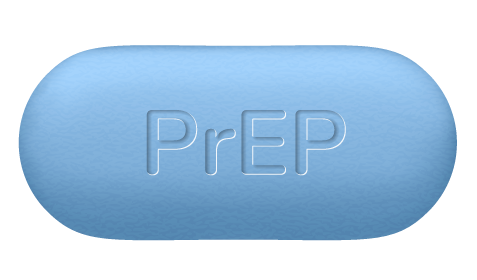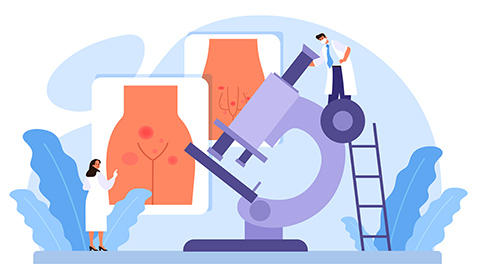The first cases of HIV-infected patients treated at our center were in 1985. To respond to their needs, the HIV/AIDS day hospital was created with the idea of providing continuous care, administering treatments and reducing hospital admissions within the framework of a multidisciplinary care that included medical staff, nursing, psychologist and social work.
Thirty-six years later, the reality of the HIV-infected patient has changed radically with better control of infection and, therefore, with a drastic decrease in admissions from immunosuppression-related pathology.
However, controlling these patients remains a challenge today and we are currently focusing on:
- Control and improvement of comorbidities.
- Optimizing antiretroviral treatment - Surveillance of drug interactions.
- Screening and treatment of co-infections (viral hepatitis, sexually transmitted diseases).
- Screening of the most frequent tumors and within these, the anal cancer screening program should be highlighted.
- Detection and attention to frailty given the aging of the population.
The concept of multidisciplinarity has been maintained and regular sessions are held with Pharmacy, Epidemiology and Psychiatry (CASD) of a training nature and to address topics of interest.
Within the prevention area there is the consultation of the Pre-exposure prophylaxis (PrEP) and post-exposure prophylaxis (PPE) consultation. Responding to the increase in the number of sexually transmitted diseases, periodic screening is carried out for people at risk of developing them, as well as care for people with acute pathology in the external consultation area.
The nursing staff of the day hospital is specialized in being able to carry out specific consultation with HIV-infected patients, who require personalized attention to give advice, adherence monitoring, nutritional advice...
Coordinator of the HIV-AIDS and Sexually Transmitted Infections (STI) Unit

Manuel Cervantes Garcia



